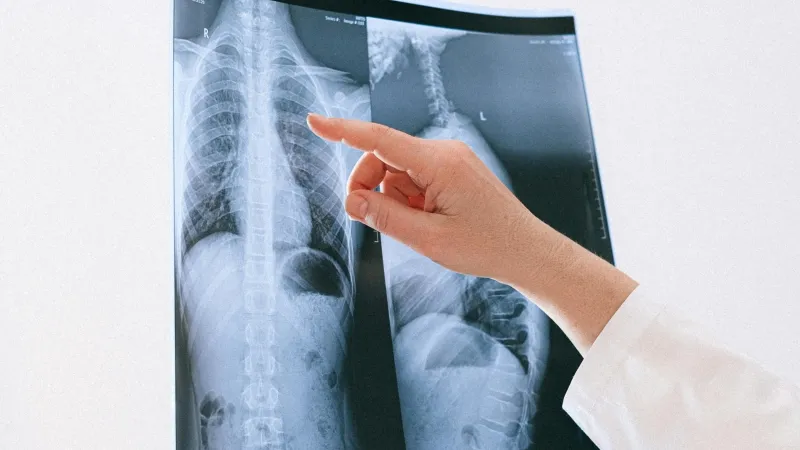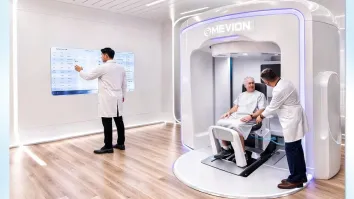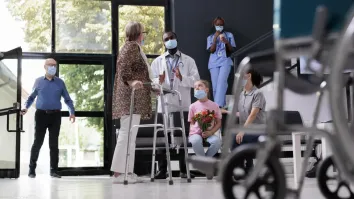
How can the pneumonia testing market curb its barriers to meet rising demand?
Limited healthcare infrastructure and budget constraints serve as challenges impeding the market’s growth.
The global pneumonia testing market is expected to grow by $807.5m at a compound annual growth rate (CAGR) of 5.69% until 2028, however, poor healthcare infrastructure poses a challenge impeding its expansion.
A report by Technavio revealed that limited healthcare infrastructure and budget constraints, particularly in developing countries, hinder the widespread use of advanced medical devices for pneumonia testing.
“Countries like India, China, and Brazil face healthcare challenges, including disparities in access to resources and increased patient dissatisfaction,” The report said.
Moreover, the lack of research and development in cost-effective technologies and devices further hinders the market’s growth, with inadequate infrastructure and services resulting in lower quality treatment and life expectancy.
Meanwhile, the market also faces challenges in providing accurate and timely diagnoses, with current tests such as chest X-rays and blood tests posing limitations.
“Culture and sensitivity tests take time, whilst rapid tests may not be sensitive enough. Additionally, point-of-care tests for specific pathogens are not widely available,” The report added.
According to Technavio, research and development efforts must focus on developing testing methods that are more accurate and faster, including molecular and biomarker-based tests, with such advancements potentially improving patient outcomes and reducing costs.
Overall, the market is driven by a rising prevalence of pneumonia, particularly in the elderly and those with underlying health conditions, the growing awareness of early diagnosis and treatment, and diagnostic technology advancements.



















 Advertise
Advertise






